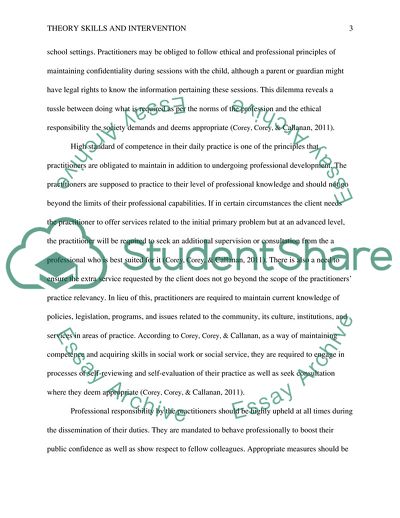Cite this document
(Theory Skills and Intervention: Ethical Professional Principles Essay, n.d.)
Theory Skills and Intervention: Ethical Professional Principles Essay. https://studentshare.org/health-sciences-medicine/1818675-theory-skills-and-intervention
Theory Skills and Intervention: Ethical Professional Principles Essay. https://studentshare.org/health-sciences-medicine/1818675-theory-skills-and-intervention
(Theory Skills and Intervention: Ethical Professional Principles Essay)
Theory Skills and Intervention: Ethical Professional Principles Essay. https://studentshare.org/health-sciences-medicine/1818675-theory-skills-and-intervention.
Theory Skills and Intervention: Ethical Professional Principles Essay. https://studentshare.org/health-sciences-medicine/1818675-theory-skills-and-intervention.
“Theory Skills and Intervention: Ethical Professional Principles Essay”. https://studentshare.org/health-sciences-medicine/1818675-theory-skills-and-intervention.


